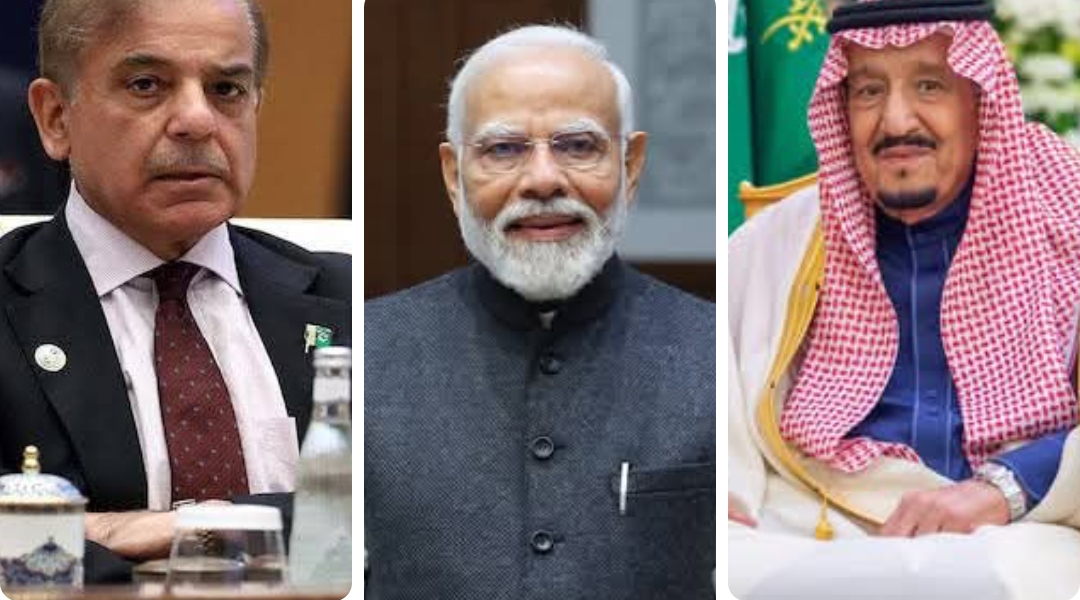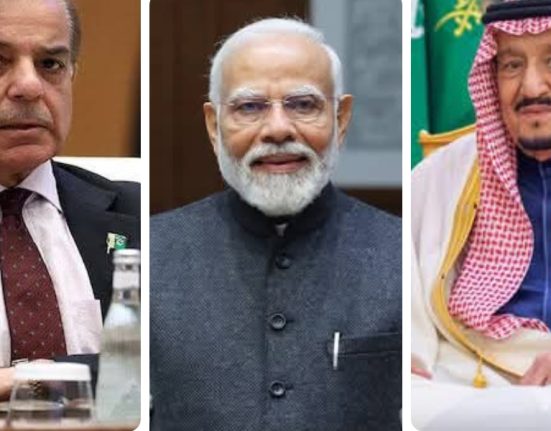Saudi Arabia Takes Diplomatic Lead in Defusing India-Pakistan Tensions, Dispatches Special Envoy to Both NationsIn a major diplomatic intervention, the Kingdom of Saudi Arabia has taken the lead in calming the recent flare-up between India and Pakistan, becoming the first country to send a high-level envoy to both South Asian nations as tensions threatened to spiral out of control. The swift action by Riyadh followed a deadly attack in Indian-administered Kashmir in April, which sparked a sharp rise in hostilities between the two nuclear-armed neighbours.
The Saudi initiative, driven by the country’s top leadership, has been widely credited with helping to restore calm in the region, culminating in a ceasefire agreement formally announced on May 10. The effort was spearheaded by Saudi Foreign Minister Prince Faisal bin Farhan, who moved quickly to open diplomatic channels with his Indian and Pakistani counterparts. In late April, Prince Faisal urged both nations to show restraint and to prioritise political dialogue over military confrontation.
Building on these initial contacts, the Kingdom deployed its Minister of State for Foreign Affairs, Adel Al-Jubeir, to New Delhi and Islamabad in early May, making Saudi Arabia the first external actor to engage directly with both capitals during the crisis. This diplomatic outreach was hailed by regional analysts and international observers as a bold and strategic move that helped steer both parties back from the brink.
Pakistani Prime Minister Shehbaz Sharif and Foreign Minister Ishaq Dar acknowledged the Kingdom’s pivotal role, with Dar describing Saudi Arabia’s mediation as “sincere and effective” in de-escalating the volatile situation. The Kingdom’s neutral and balanced ties with both India and Pakistan allowed it to act as a credible mediator, offering assistance without inflaming sensitivities or appearing to take sides.
Although the eventual ceasefire was secured through a wider multilateral effort involving actors like the United States, Saudi Arabia’s parallel engagement played a crucial role in creating the conditions for a peaceful resolution. Riyadh’s ability to maintain diplomatic trust in both New Delhi and Islamabad, at a time when tensions were running high, marked a significant demonstration of its growing global diplomatic influence.
Observers have pointed to this initiative as further evidence of Saudi Arabia’s evolving foreign policy, one that is increasingly proactive and anchored in promoting dialogue and regional stability. In a region historically marred by deep mistrust and recurring conflict, the Kingdom’s timely involvement not only helped avert a larger crisis but also reinforced its reputation as a constructive player on the international stage.
With its early envoy deployment and firm yet balanced approach, Saudi Arabia has set a new standard for conflict mediation in South Asia, reaffirming its commitment to peace, strategic diplomacy, and responsible global leadership.

